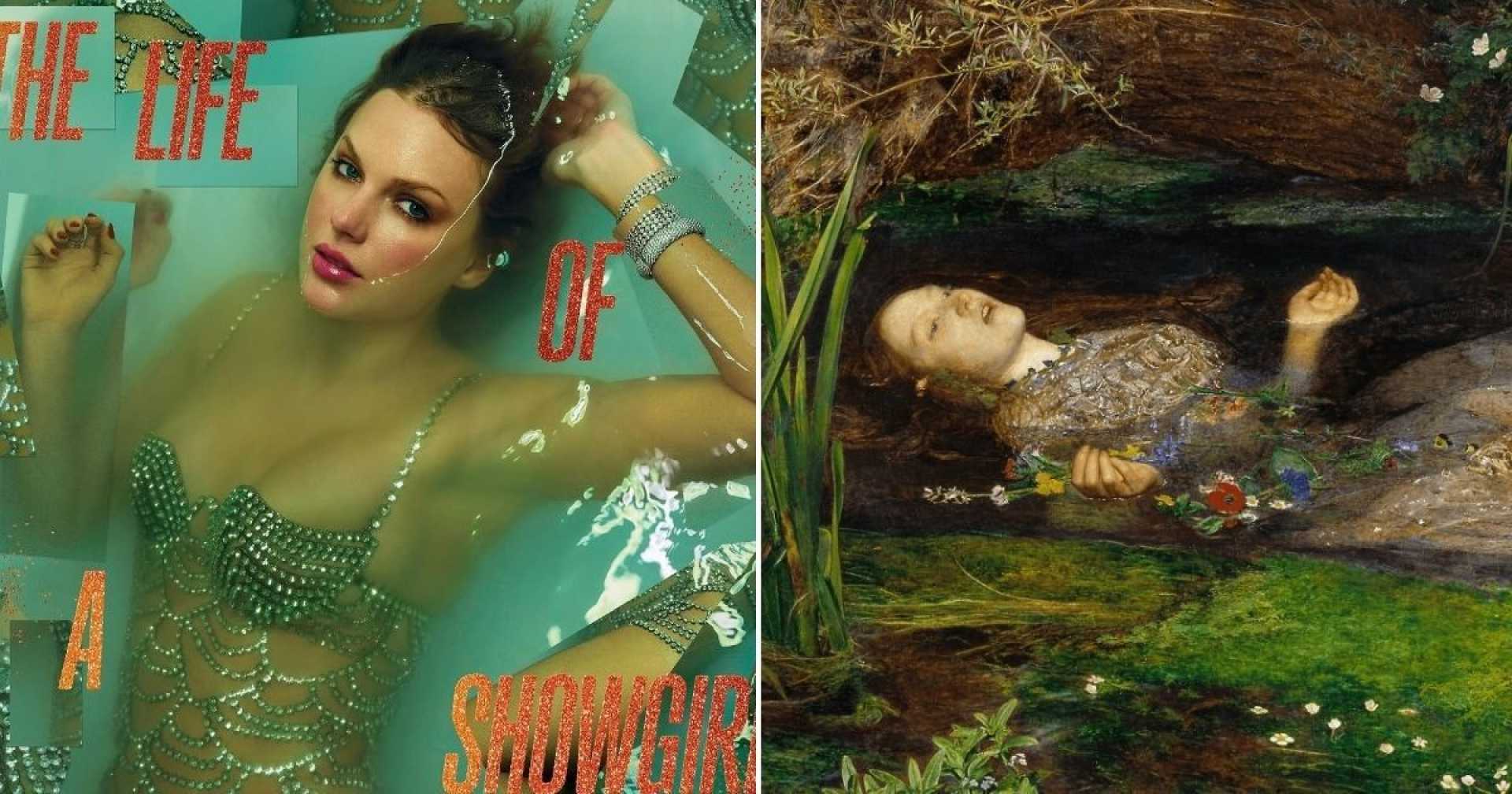Entertainment
Taylor Swift’s New Song Draws Inspiration from Shakespeare’s Ophelia

LONDON, England — Taylor Swift’s latest album features a song inspired by Ophelia, a tragic character from William Shakespeare’s play *Hamlet*. The track explores themes of heartbreak and despair, reflecting Ophelia’s complex narrative and her lasting impact on literature and the arts.
Ophelia, a pivotal figure in *Hamlet*, is the daughter of Polonius and sister to Laertes. She is often depicted as a tragic figure whose mental decline leads to her drowning, a fate that scholars have debated for centuries. Literary critic Elaine Showalter noted that Ophelia symbolizes “the archetype of the tragic woman,” personifying love, loss, and betrayal.
This character has transcended Shakespeare’s text, inspiring countless artists. John Everett Millais’ famous 1851 painting of Ophelia captures her beauty surrounded by flowers, solidifying her status as a symbol of feminine fragility. Ophelia represents not only mental struggles but also societal expectations on women.
Swift’s song, reportedly titled “Ophelia,” resonates with the themes of emotional turmoil and vulnerability. In a recent interview, Swift shared, “It’s about feeling lost in a world that feels overwhelmingly chaotic,” aligning her personal experiences with Ophelia’s narrative.
Through the years, Ophelia has evolved from being seen as a passive character to embodying complexity and strength. Modern interpretations encourage reclaimed agency within her narrative. As discussions around mental health and women’s rights increase, Ophelia represents a figure of significance.
Her legacy continues in adaptations, with film portrayals changing over time. The 1990 film *Hamlet* by Franco Zeffirelli depicts a more assertive Ophelia, while Claire McCarthy’s 2006 film *Ophelia* centers her perspective, showcasing her struggles against societal pressures.
Ophelia’s relevance remains profound, resonating with contemporary issues of mental health. A 2022 World Health Organization report highlights that approximately one in five adults experience mental health issues each year, stressing the importance of empathy and discussion surrounding such themes.
Swift’s artistry bridges the gap between historical and contemporary narratives, illustrating that Ophelia’s story remains timeless in its reflections on love, loss, and emotional struggles. As artists like Swift reinterpret Ophelia, they highlight the universal human experiences that continue to resonate across generations.
The ongoing reexamination of Ophelia’s character ensures her narrative inspires real dialogue. With Swift drawing from her depth, the essence of Ophelia lives on, making an indelible mark in modern culture.












